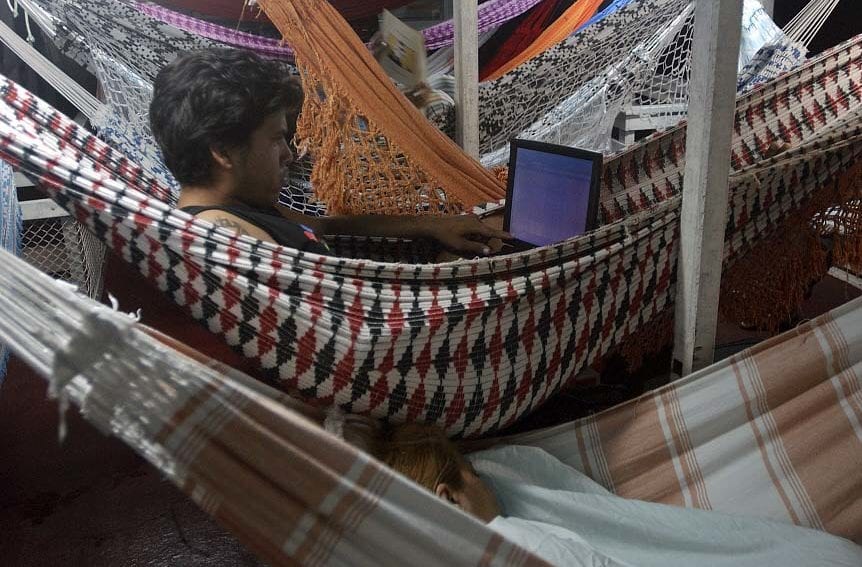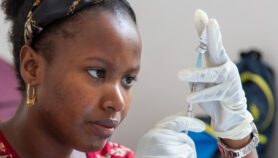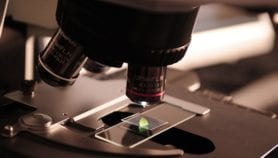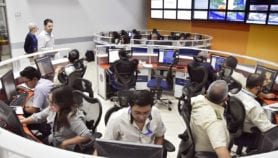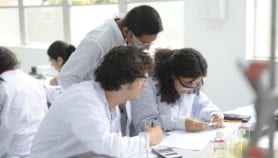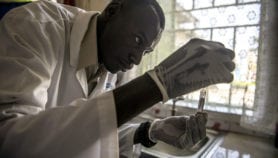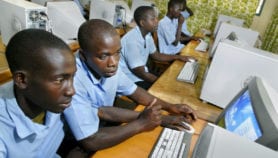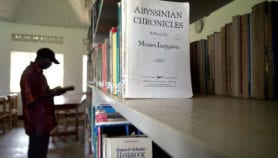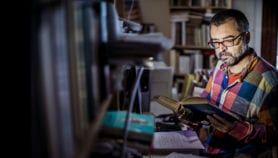Send to a friend
The details you provide on this page will not be used to send unsolicited email, and will not be sold to a 3rd party. See privacy policy.
[SÃO PAULO] A social media site that links Puerto Rican scientists abroad with those at home could be helping to strengthen the science community in a territory that has experienced substantial brain drain, according to its developers.
The founders of CienciaPR (‘Science Puerto Rico’) say the island group has few high-quality scientific institutions and, like other Latin American countries, spends little on research — so brain drain is a problem.
Some 64 per cent of Puerto Rican students studying for PhDs live outside the archipelago, as do 44 per cent of the doctorate workforce, according to a paper reviewing the website’s progress, published last month (31 December) in PLOS Biology.
With so few scientists in Puerto Rico, it is hard to foster local science, say the authors.
But CiencaPR may be compensating with a digital community that can help fill the gaps.
Launched in 2006, the network has almost 7,000 members in 48 countries, and includes people in more than 185 universities in the United States.
The authors of the paper say CienciaPR has brought benefits at a local level, enabling students and scientists who leave Puerto Rico to continue to contribute to the local scientific community through science communication, outreach initiatives, research and education.
For example, the platform “has been a resource for teachers [in Puerto Rico] who look to bring scientists to their classrooms or to contextualise their science lessons. It is helping to stimulate students’ interest in science careers,” says Giovanna Guerrero-Medina, CienciaPR’s executive director.
Export potential
“Hopefully, future generations won’t have to leave Puerto Rico for a science education or career.”
Itzamarie Chevere-Torres, Rutgers University
Guerrero-Medina says the concept could work in other countries, even in those that do not have government support for building a database of scientists, as CienciaPR has had.
Because most Latin American countries spend less than 0.4 per cent of their GDP (gross domestic product) on research and development — far below that of more developed countries — she advocates online science communities as ways these countries can increase their economic and intellectual potential.
There is a similar network for scientists in Chile, called RedCiencia. “What began as a grassroots effort has been successful in bringing together Chilean scientists from all over the world to promote scientific training and research,” she says.
“RedCiencia has over 8,000 users, mainly researchers, graduate students and science teachers,” adds Patricia Muñoz Palma, RedCiencia’s director of science information. “It has contributed to improving the quality of scientific knowledge by creating shortcuts to scientific information and by facilitating outreach and connection between scientists, research centres and industry.”
She says this kind of platform is important for promoting a sense of community, creating connections and collaboration among those with interests in science.
Views from the diaspora
Luis Villanueva-Rivera, a research assistant from Puerto Rico based at Purdue University’s department of forestry and natural resources, in the United States, says CienciaPR has helped to fill a gap in Puerto Rican culture by highlighting the potential of the local scientific community.
“People used to see whatever the local media found interesting from the wires. These stories were on health-related issues or big discoveries made by scientists around the world, not from Puerto Rico,” he tells SciDev.Net.
Itzamarie Chevere-Torres, a post-doctoral fellow also living in the United States, and at Rutgers University’s Waksman Institute of Microbiology, adds that CienciaPR represents a great opportunity for Puerto Rican scientists living abroad to stay connected with their home community and to contribute through science education or mentoring opportunities using social networking.
“Increasingly, people use social media as the main source of information and entertainment. So why not use that as an advantage to educate our communities about science,” she tells SciDev.Net.
“Hopefully, future generations won’t have to leave Puerto Rico for a science education or career.”
See below for a video about CienciaPR:


